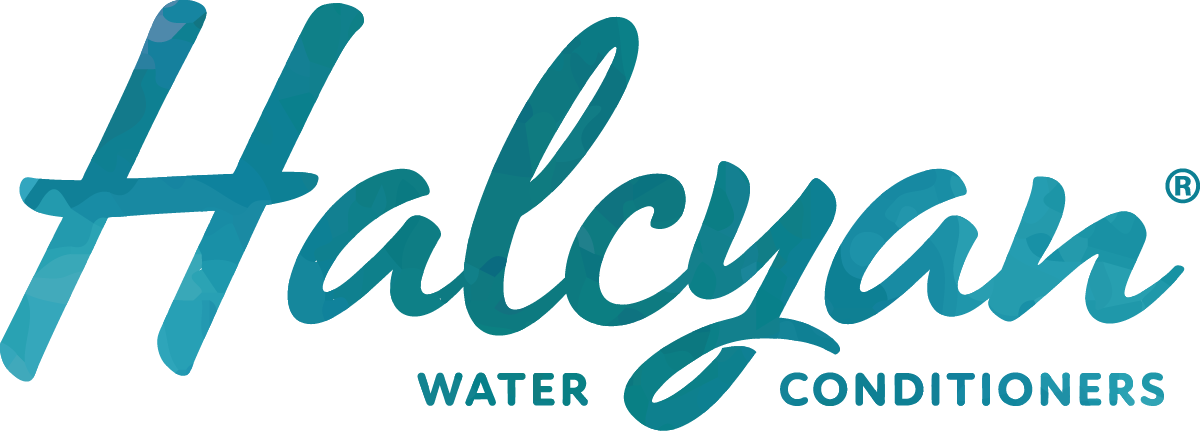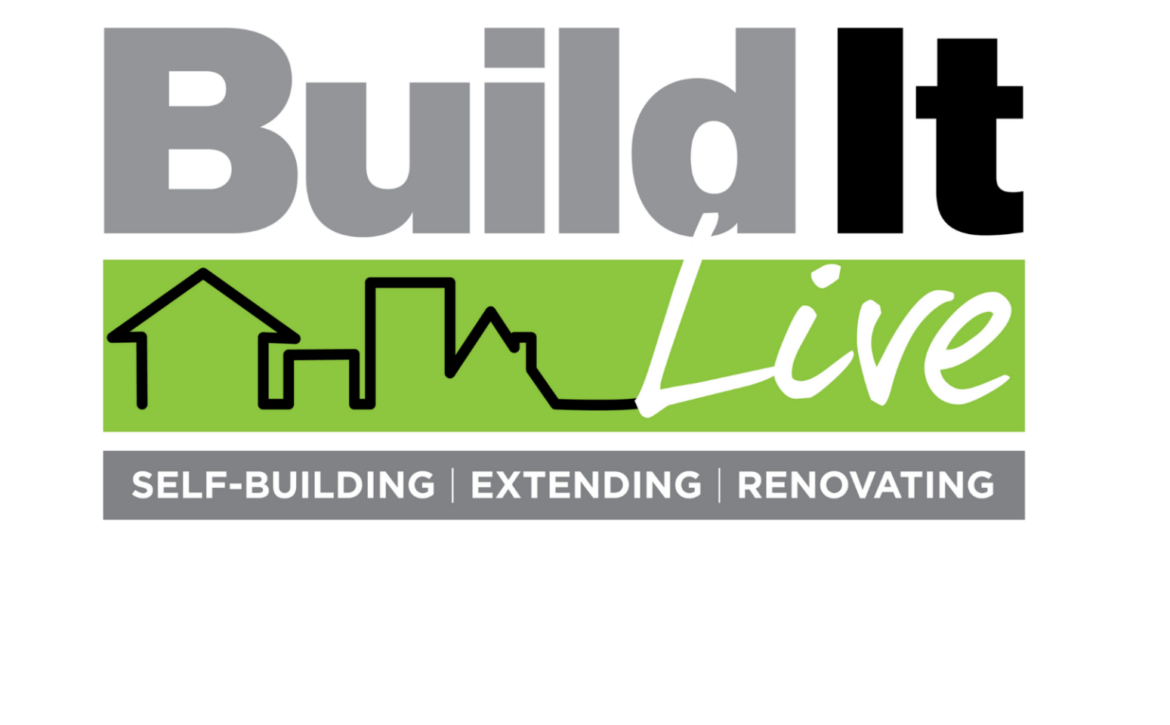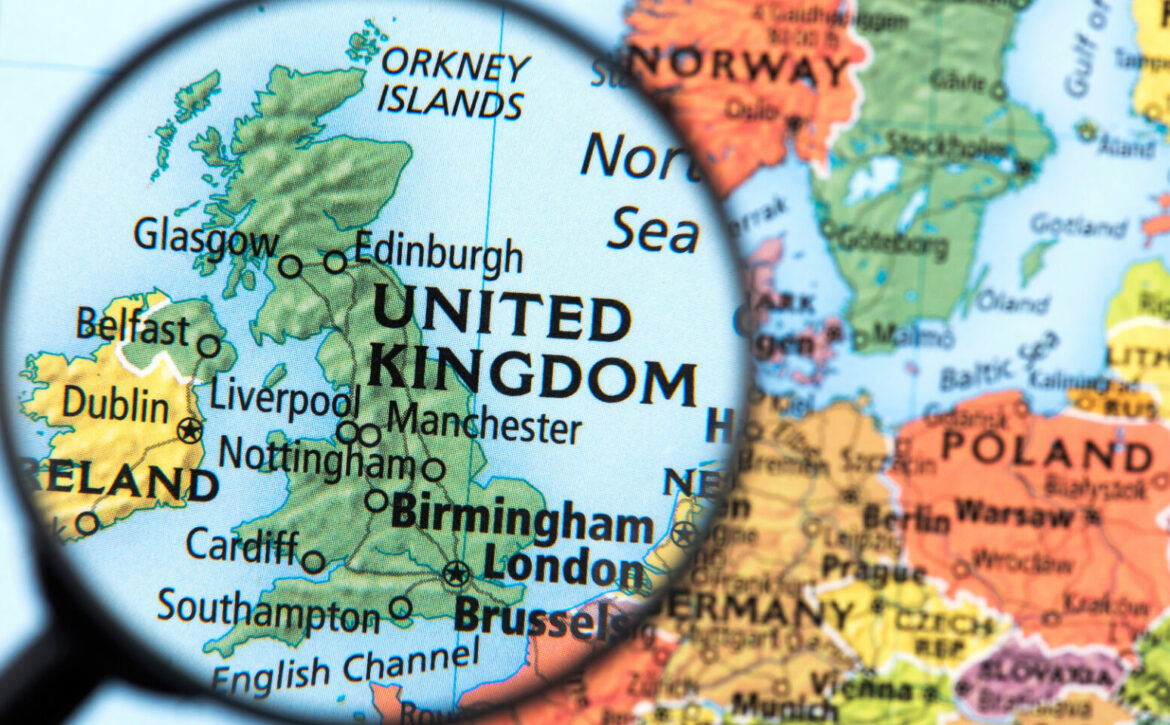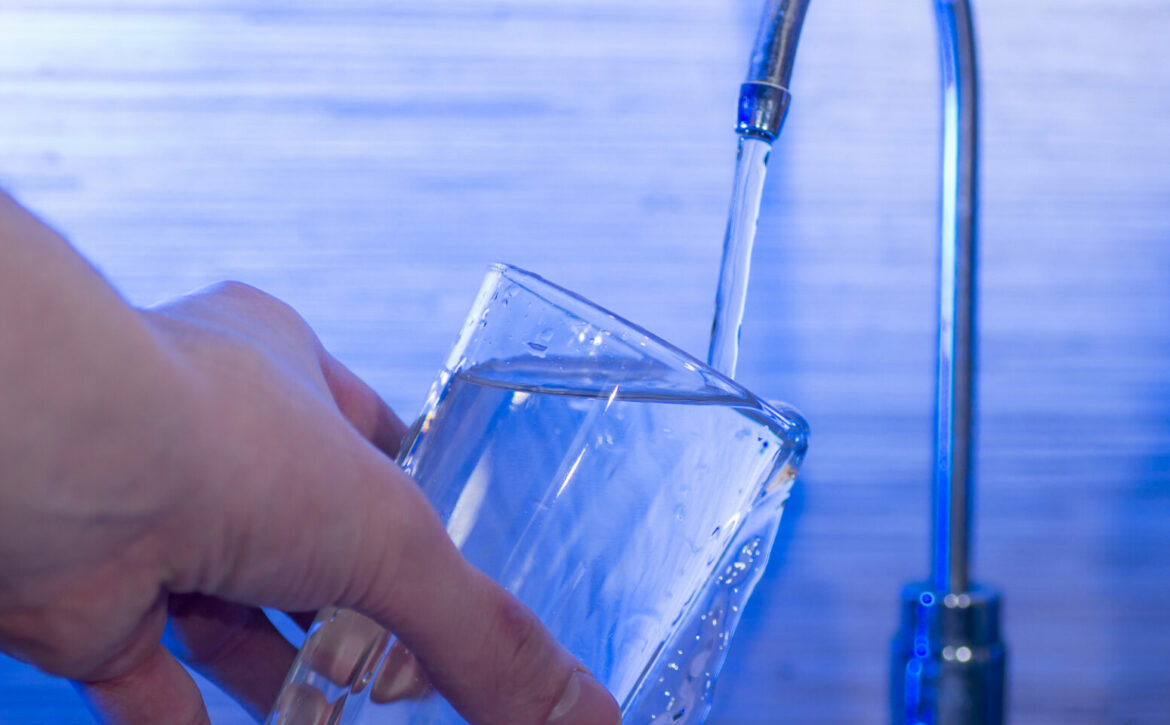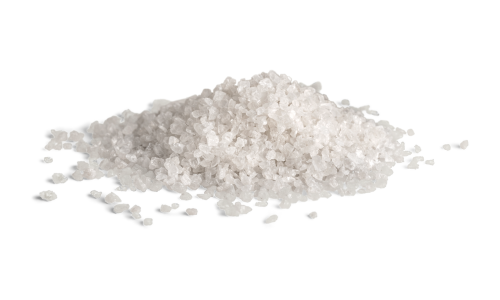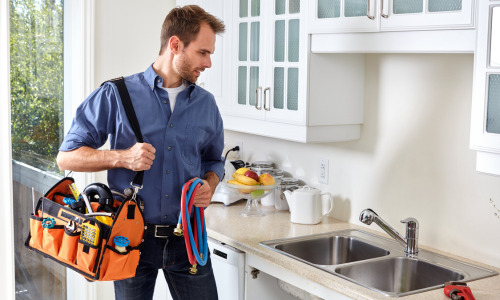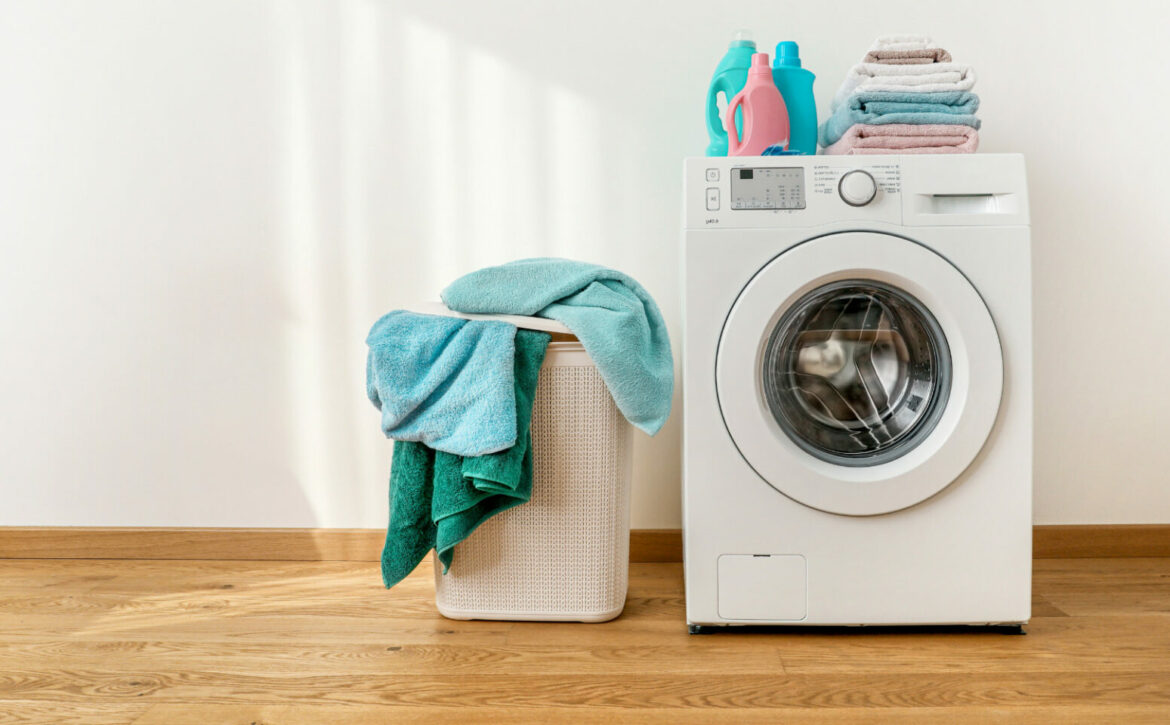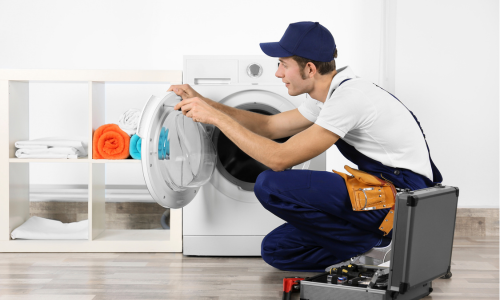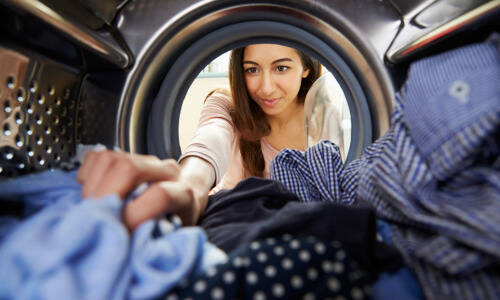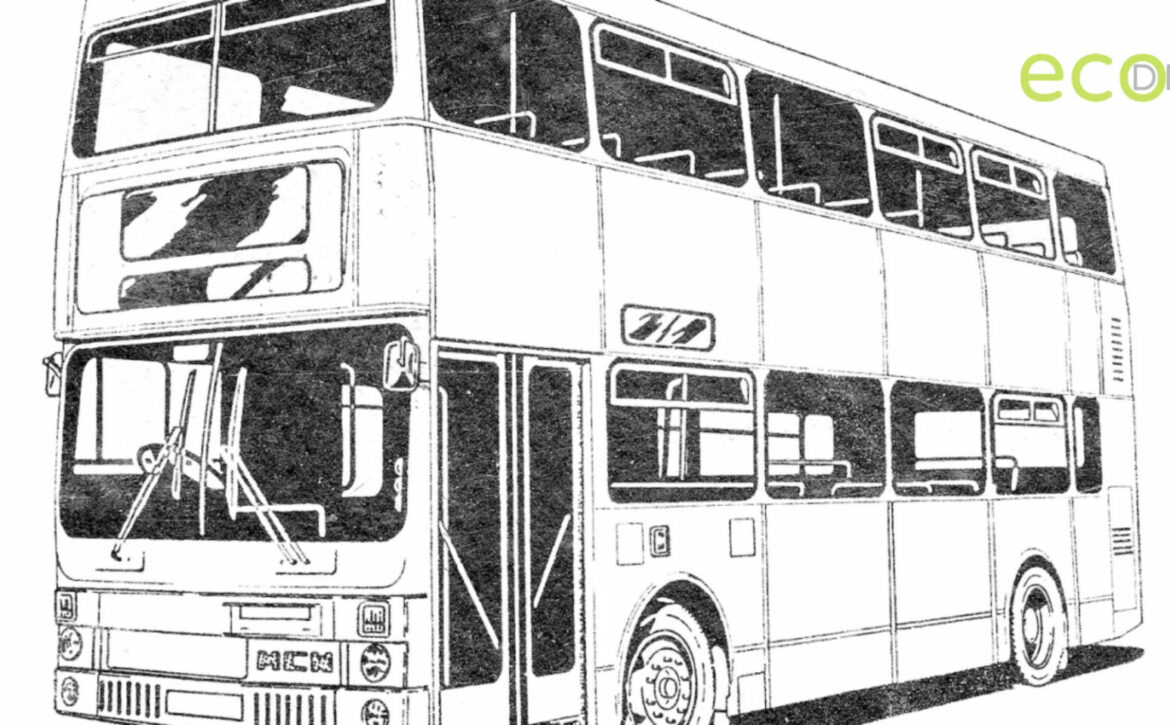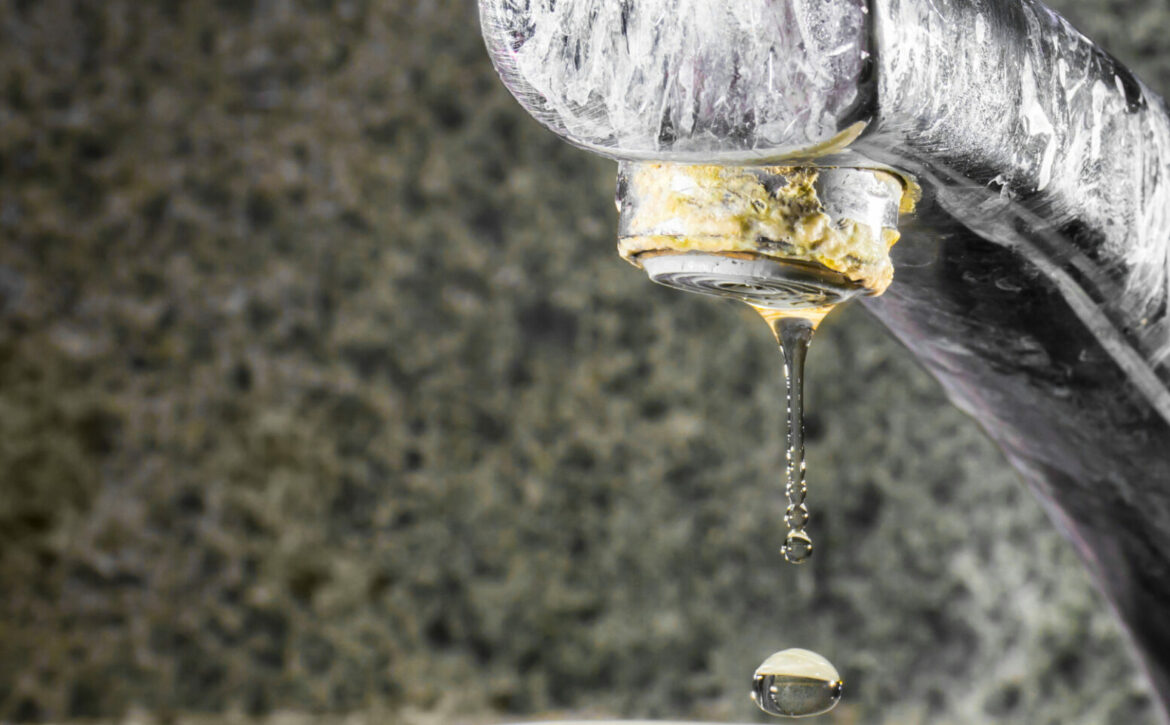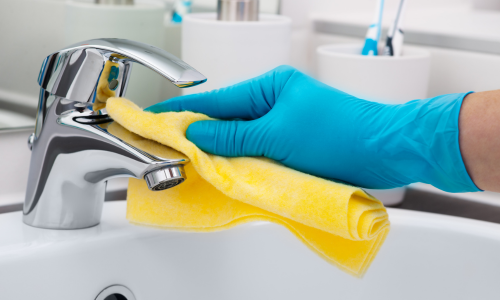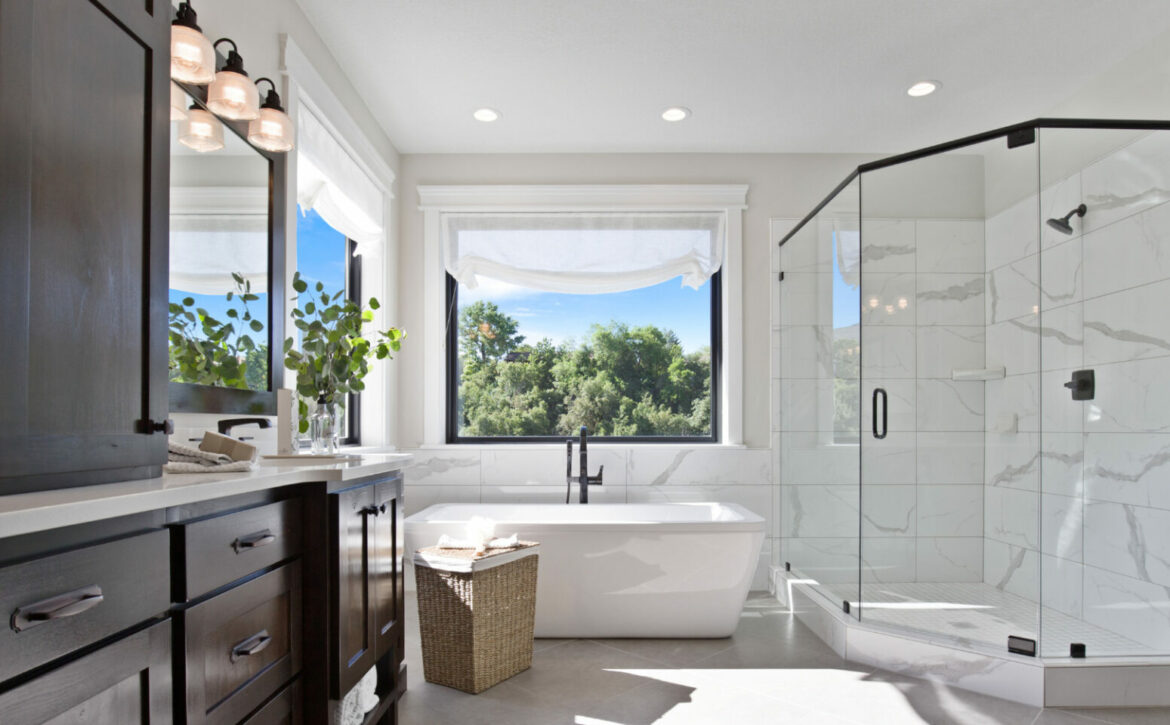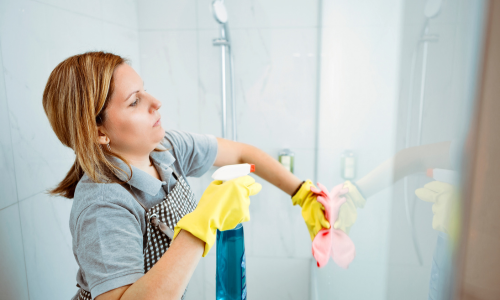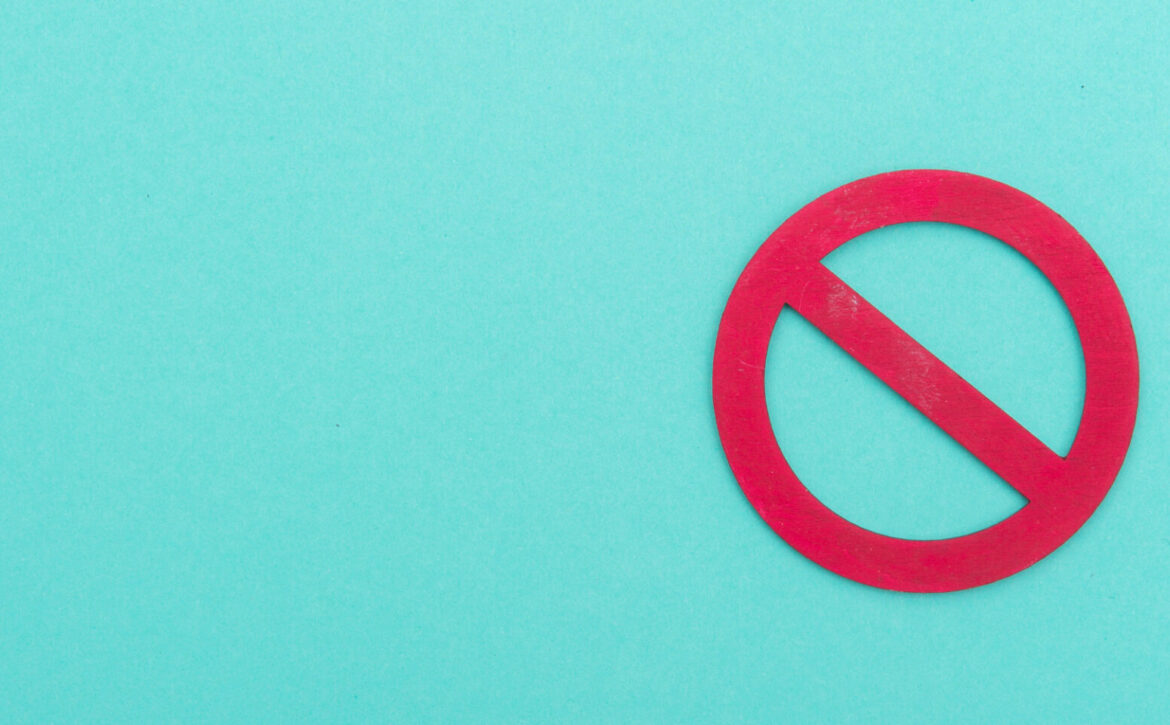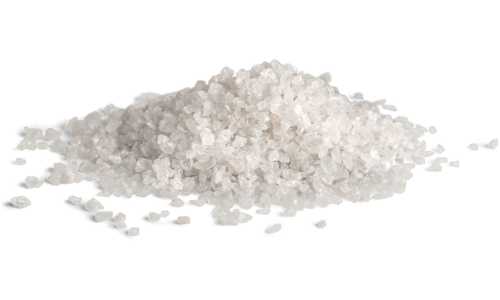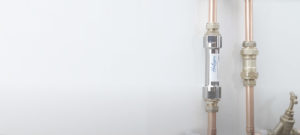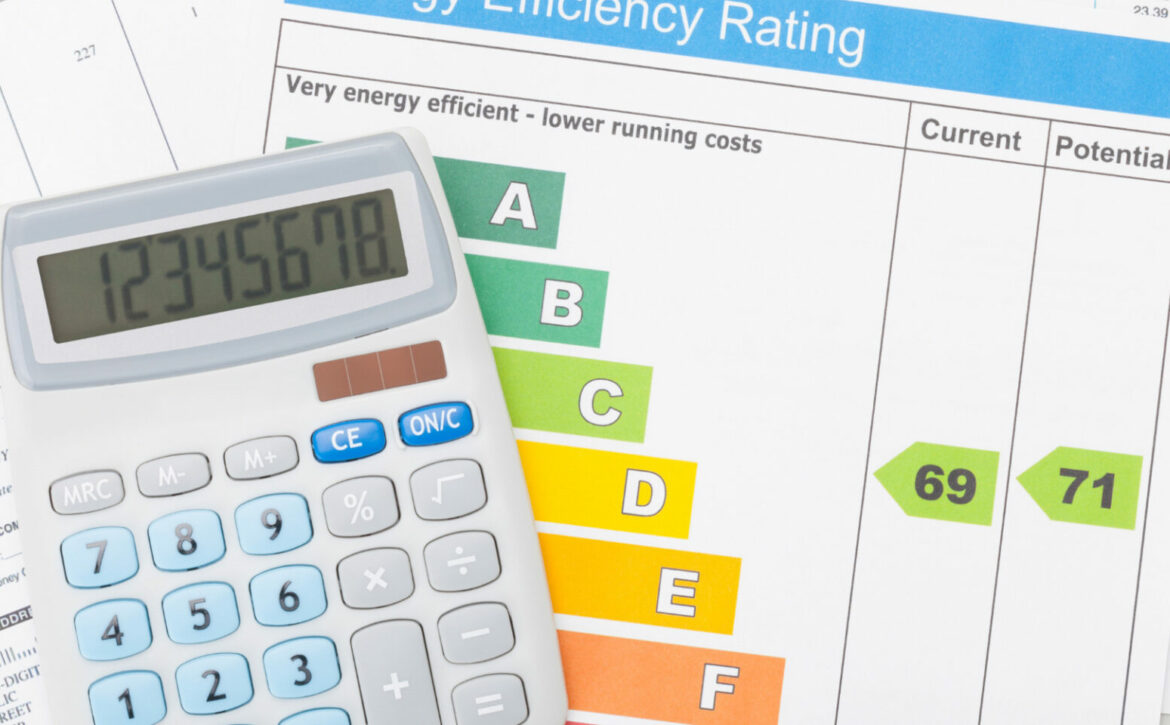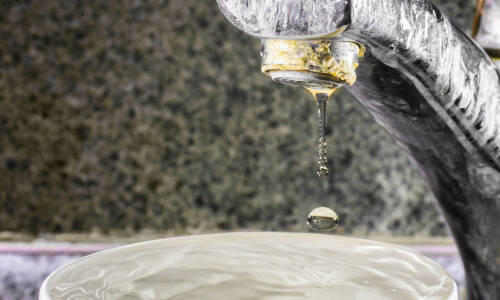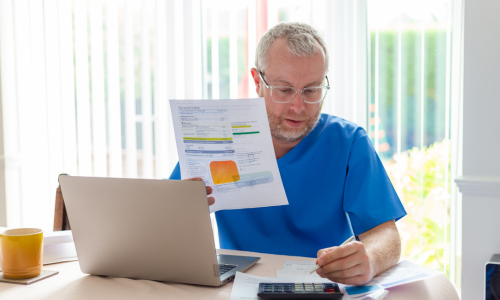Water quality can vary greatly around the world, and one characteristic often experienced by UK households is “hard water.” The UK is known for having some of the hardest water in the world, and it’s a problem that many people struggle with. Hard water can cause a number of issues, from limescale build-up to reduced appliance efficiency. In this blog post, we’ll take a look at why the water is so hard in the UK and what you can do to make it better.
What Causes Hard Water?
Hard water is caused by a high concentration of minerals such as calcium and magnesium. These minerals are naturally found in underground rocks, and when they dissolve into the water supply they create hard water.
Geological Factors:
The geological composition of an area plays a significant role in determining water hardness. The UK is predominantly composed of sedimentary rocks, including limestone and chalk, which are rich in calcium carbonate. Over time, rainwater seeps through these rocks, absorbing mineral deposits and increasing the water’s hardness.
Source of Water:
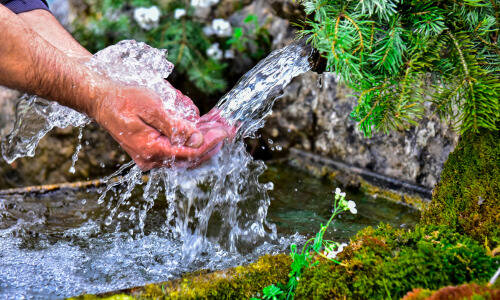
The main water sources in the UK are rivers, lakes, and underground aquifers. Since these sources often pass through mineral-rich regions, they naturally accumulate minerals like calcium and magnesium. Consequently, the water derived from these sources tends to be harder in nature.
Distribution Network:
The extensive water distribution network in the UK is another contributing factor. As water travels through the pipelines, it can come into contact with mineral-rich deposits, further increasing its hardness. Although water treatment aims to minimise this contact, some minerals inevitably dissolve into the water supply.
Environmental Impact:
The UK has a long history of industrial activities, particularly coal mining and metal extraction, which have left a legacy of environmental impact. Pollutants from these activities can infiltrate water sources, affecting water quality and potentially contributing to increased hardness.
The Impact of Hard Water
Hard water can have a number of negative impacts on your home and health:
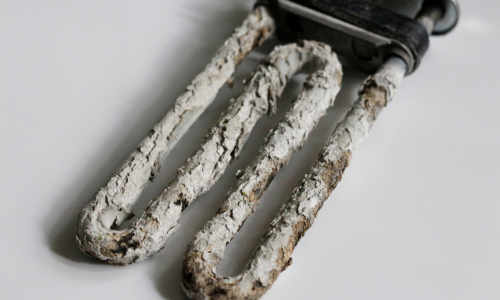
One of the most common issues associated with hard water is the formation of limescale. As hard water evaporates, the dissolved minerals are left behind, causing the build-up of limescale on taps, showerheads, kettles, and other water-bearing appliances. Limescale not only affects the appearance of these fixtures but also reduces their efficiency over time.
Hard water can make household chores more challenging. It can leave soap scum on dishes and glassware, make laundry feel stiff, and reduce the effectiveness of cleaning agents. More detergent and cleaning products are often required to achieve satisfactory results, leading to increased costs.
If you are in a hard water area, limescale could also be affecting your energy bills. When limescale builds up, appliances have to work significantly harder and for longer in order to heat up water. This can affect washing machines, boilers, kettles and electric showers. In addition to appliances costing more to use, limescale can also cause premature breakdowns meaning you need to replace your appliances more regularly.
Hard water can have a noticeable impact on skin and hair. It may leave a residue that can clog pores, potentially leading to dryness, irritation, and exacerbating conditions like eczema.
How Can You Reduce the Effects of Hard Water?
Thankfully there are several methods for reducing the hardness of the water in your home:
-
Whole House Filtration System
The most common solution is to install a whole-house filtration system which will remove minerals from your tap water before it enters your home’s plumbing system. This will help reduce limescale build-up and improve the taste of your drinking water.
Another option is to install a softener which will remove calcium and magnesium ions from your tap water using an ion exchange process. This will help reduce limescale build-up but won’t improve the taste of drinking water as much as a filtration system would. You may also need to install a separate drinking water tap.
-
Halcyan Water Conditioner
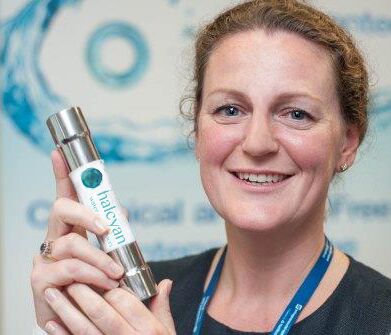
A very clean and simple solution to hard water is to install a Halcyan Water Conditioner. Once installed, its unique alloy changes the way that water behaves in your home. It doesn’t remove the minerals from the water but instead, the water behaves much like soft water would. The best part is that once you install a Halcyan, you can leave it to work its magic for the next 30 years!
Conclusion
While hard water is common in the UK, it does not pose any significant health risks. However, it can be a nuisance due to the various problems it causes, including limescale build-up, increased energy bills and cleaning requirements, and potential skin and hair issues. With various treatments, including the Halcyan Water Conditioner, you can alleviate the effects of hard water, but some options are simpler than others. Understanding the underlying reasons behind the prevalence of hard water in the UK can help you make informed choices about managing its impact on daily life.
If you’d like to find out more about the Halcyan Water Conditioner, you can explore our Knowledge Centre and find out how it works here. You can call our expert team on 0345 504 0656 for more information on how you can heat your water for less, by installing a Halcyan.
Why choose Halcyan?
Halcyan Water Conditioners is a British company based in Bristol and our alloy-based solution to hard water is unique to the UK. As leaders in our industry, our mission is to help our customers reduce the impact of hard water on their homes, saving money, saving energy and saving the planet with our eco-friendly, people-friendly water conditioners. We take huge pride in our customer satisfaction and our testimonials speak for themselves. With our 30 Year Warranty and our 12 Month Money Back Performance Guarantee, you can say goodbye to damaging hard water for good!
Learn More